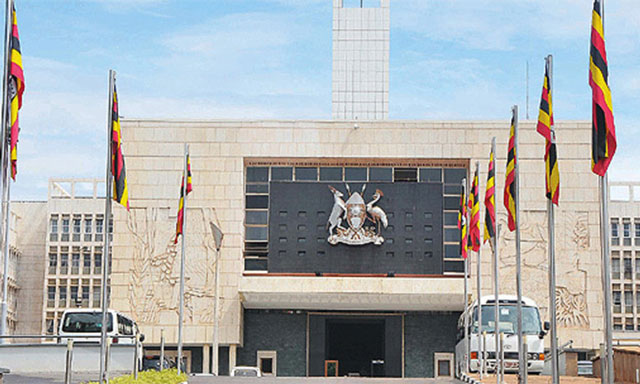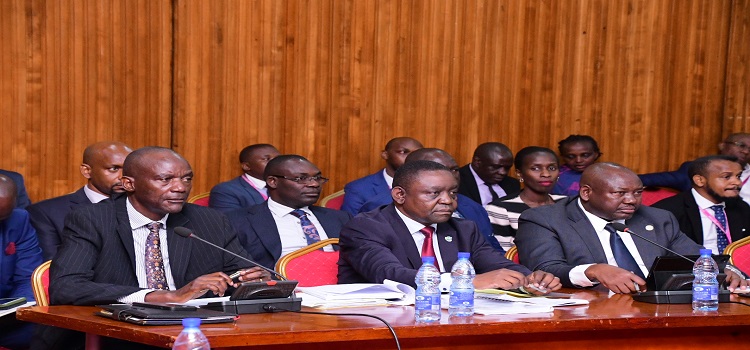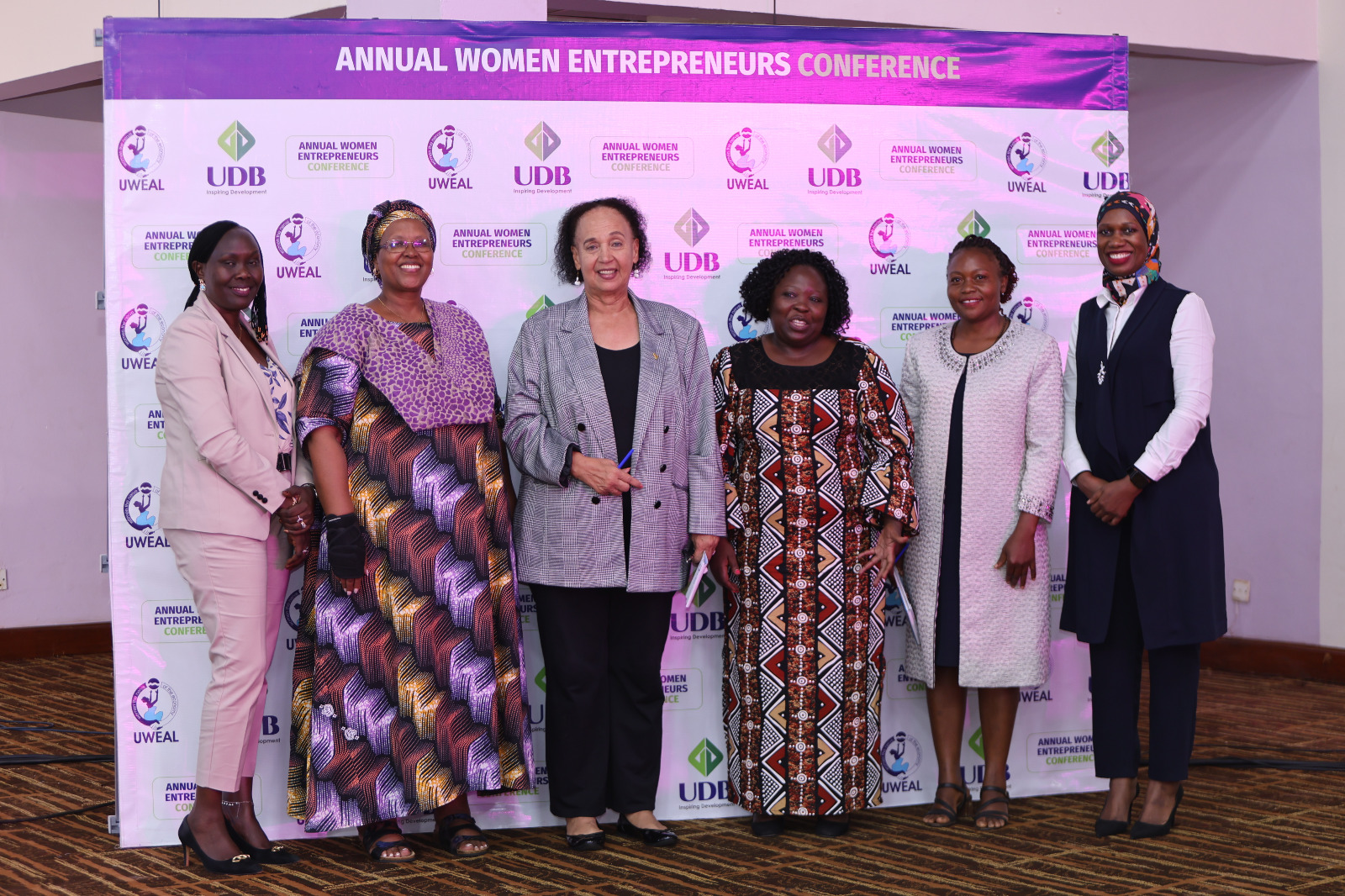The Parliament has recently been subjected to harsh public scrutiny due to accusations of corruption and extravagance spending on its leaders.
Whispers of financial wrongdoing and theft are resonating throughout the hallowed halls of this once-respected institution that was entrusted with the noble mission of expressing the will of the people. Now, however, it is being accused of breaching that trust.
The Speaker of Parliament Anita Among, a personification of honesty and leadership, is at the center of this issue and is currently under fire for her alleged luxurious lifestyle at the cost of taxpayers. There has been an overwhelming lack of clear response from the halls of power to the public’s cries for accountability and transparency, as well as responses to the serious accusations that have been made in front of them.
But even the most powerful opposition political party, the National Unity Platform (NUP), has been hit by this corruption wave. Reports have surfaced accusing Mathias Mpuuga, the former Leader of Opposition in Parliament of accepting an astounding Shs500 million under the guise of rendering a service award. In addition to damaging Mpuuga’s reputation, the disclosure of his alleged corruption crimes has also brought to light other disturbing facts that have been hiding in the shadows of the party hierarchy.
While some NUP supporters have defended allegations of corruption within the party hierarchy. Others are quick to condemn MPuuga while sparing others. This discrepancy in responses highlights differing perspectives within the party.
Some lawmakers like Theodore Ssekikubo of Lwemiyaga county,Barnabas Tinkasiimire of Buyaga county and Leader of Opposition Joel Ssenyonyi have pleaded with the House’s leadership to come up and confront the charges in the face of growing public pressure and outcry. However, the answers given thus far have been dreadfully insufficient, not able to allay the fears of a public still reeling from the shock of individuals pledged to act in their best interests betraying them.
However, it must be noted that the current crisis’s effects transcend well beyond the walls of Parliament, casting a pall over Uganda’s democratic government from the ground up. The Ministries, Departments, and Agencies (MDAs) that it controls may view the legislative body as an unfit arbiter of justice if its own ranks are tainted with corruption, undermining its credibility. As a result, they may be reluctant to comply with its demands for accountability.
The decay that has taken hold of the Parliament is a sobering reminder of how ubiquitous corruption is and the terrible toll it takes on civic life. Spending tax shillings that should be improving people’s lives instead contributes to the widening inequality gap and the weakening of the relationship of trust between the people and their government.
That said, the need for prompt and decisive action is becoming more and more obvious as the country struggles with this fundamental crisis of governance. The institutions designed to protect the public interest must be strengthened and modified to withstand the corrosive forces that threaten to undermine them. Corrupt individuals must be held accountable for their actions, regardless of their rank or position of power.
Nevertheless, there is a gleam of optimism for a better future amid the chaos and uncertainty. Ugandans will not allow corruption to intimidate or pacify them. They hold their elected leaders accountable, transparent, and just, and they won’t stop until the guilty are brought to justice.
The Parliament is facing a difficult situation as it deals with accusations of corruption that have the potential to erode the foundation of the country’s democratic administration. Although there are many obstacles in the way, the people’s steadfast resolve illuminates the way forward.
Parliament can only restore public trust and carry out its mandate to promote the common good by taking on corruption head-on and maintaining the values of accountability and integrity.
Do you have a story in your community or an opinion to share with us: Email us at Submit an Article









